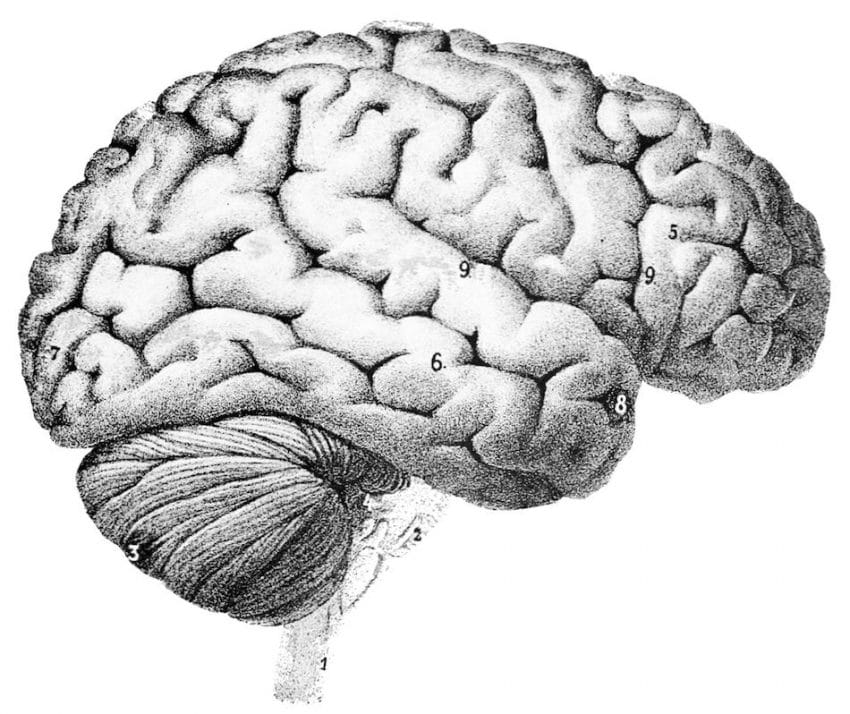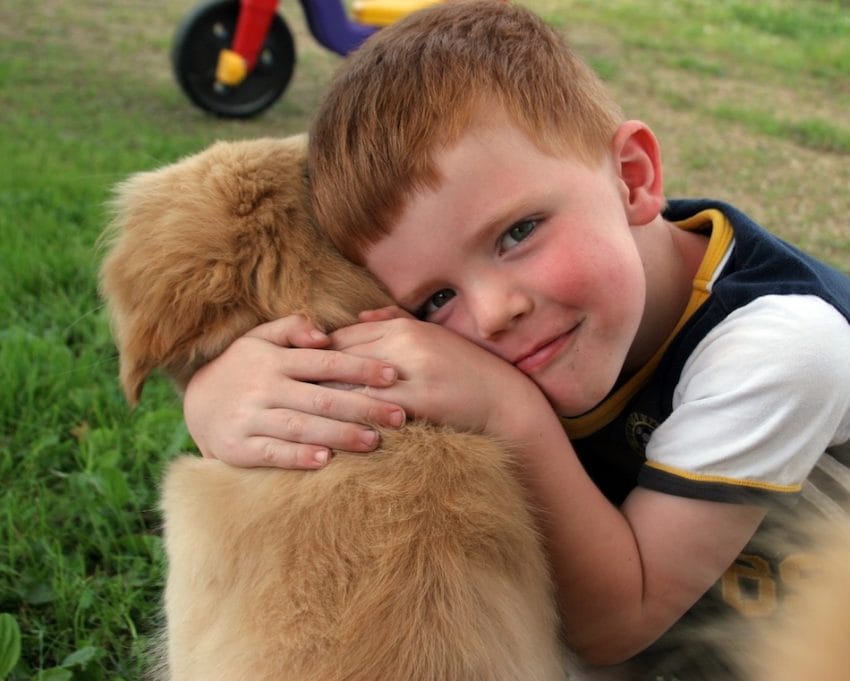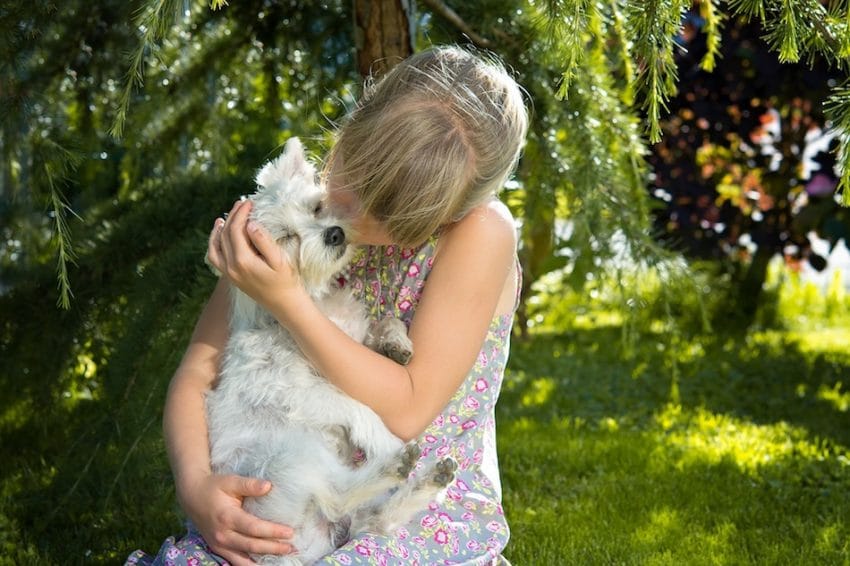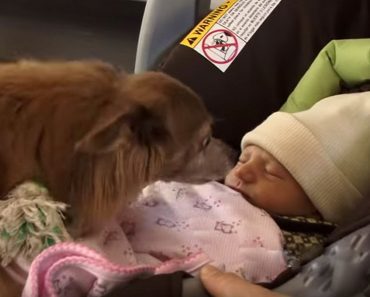The bond between human and dog is an incredible thing.
It’s amazing to see what people will do for their beloved dogs, whether it’s throwing them an extravagant birthday party or making sure they only eat the highest quality kibble.
Now, research from Northeastern University in Boston suggests that the human-canine bond trumps almost all other relationships.
For their study, Northeastern professors Jack Levin and Arnold Arluke set out to find out just how strongly we feel about dogs compared to adults and children.
The co-authors gathered 240 men and women between the ages of 18 and 25 and measured their levels of empathy when told about the suffering of a dog, compared to the suffering of a child or adult.
Unsurprisingly, stories of a dog’s suffering and a child’s suffering elicited the strongest responses from participants, whereas stories of adult victims made the respondents “significantly less distressed.”

New research suggests that humans care more about their canine companions than they do about one another.

This research comes from the Brudnick Center on Violence and Conflict at Northeastern University in Boston.

For the study, co-authors Jack Levin and Arnold Arluke set out to determine how empathy works in the human brain.

Professors Levin and Arluke gathered 240 men and women between the ages of 18 and 25 and asked them to read a series of fictional news stories about different subjects being beaten — a toddler, a 30-something adult, a puppy, and a 6-year-old dog.

The article read: “Arriving on the scene a few minutes after the attack, a police officer found the victim with one broken leg, multiple lacerations, and unconscious. No arrests have been made in the case.”

Jack and Arnold found that the puppy and child received the most empathy from study participants, while the adult received the least.

The professors believe that humans are more empathetic toward children and dogs because they cannot fend for themselves.

“The fact [that] adult human crime victims receive less empathy than do child, puppy, and full-grown dog victims suggests adult dogs are regarded as dependent and vulnerable not unlike their younger canine counterparts and kids,” Professor Levin said. “In addition, it appears that adult humans are viewed as capable of protecting themselves while full grown dogs are just seen as larger puppies.”

The professors believe that these study findings can be applied to other pets as well, like cats.

For dog owners, this study likely comes as no surprise. These findings just go to show how much we truly care about animals!
If you know someone who might like this, please click “Share!”






